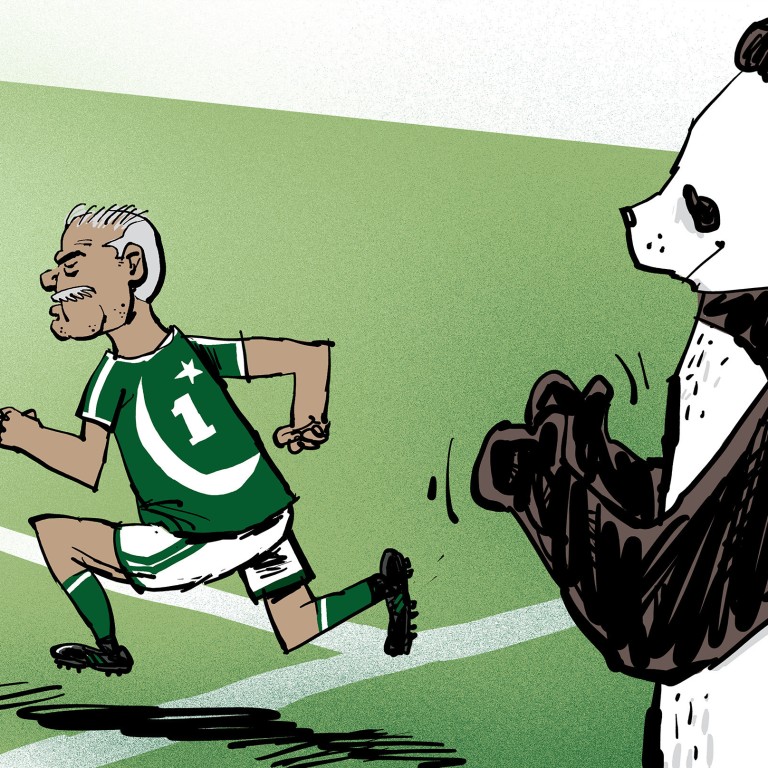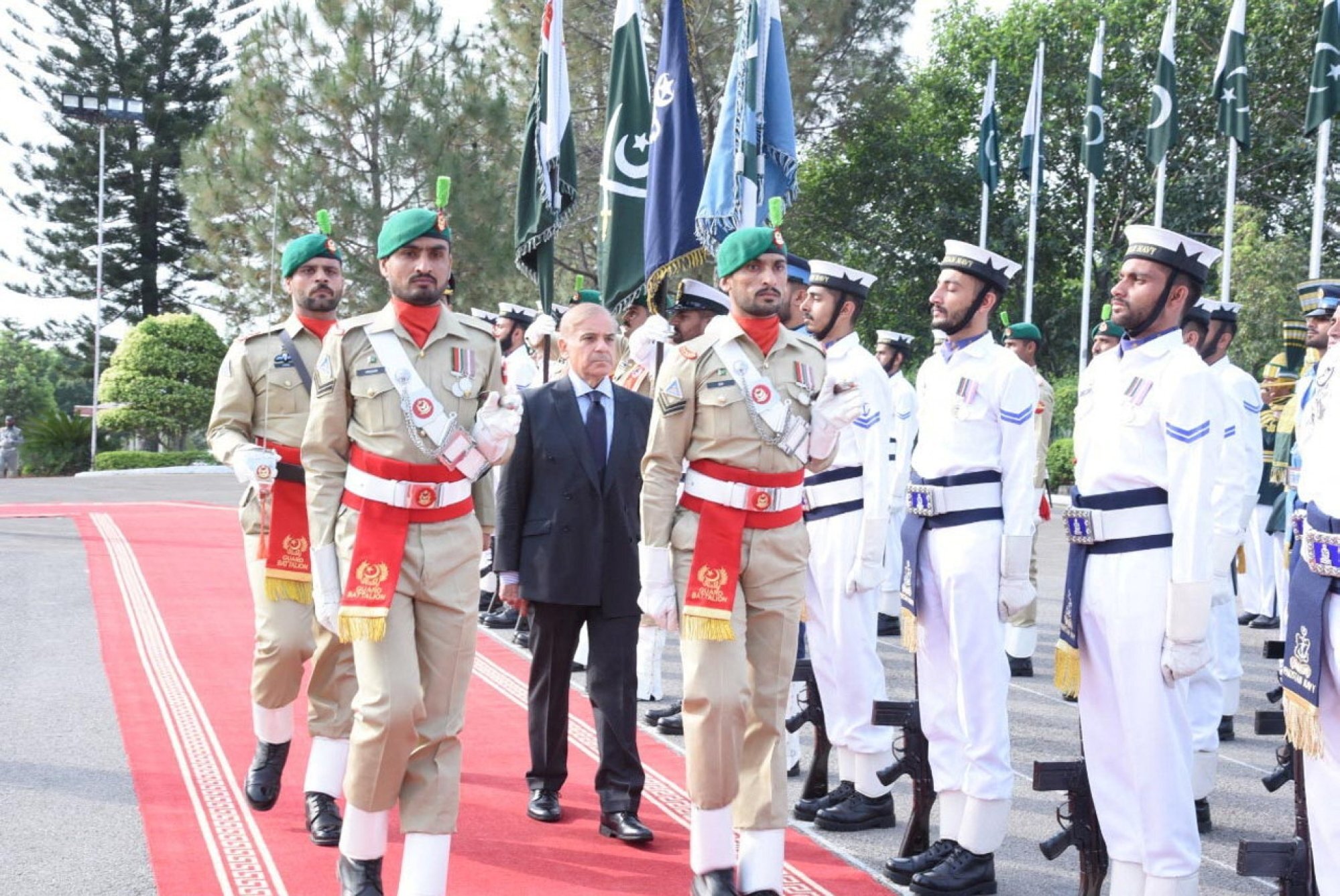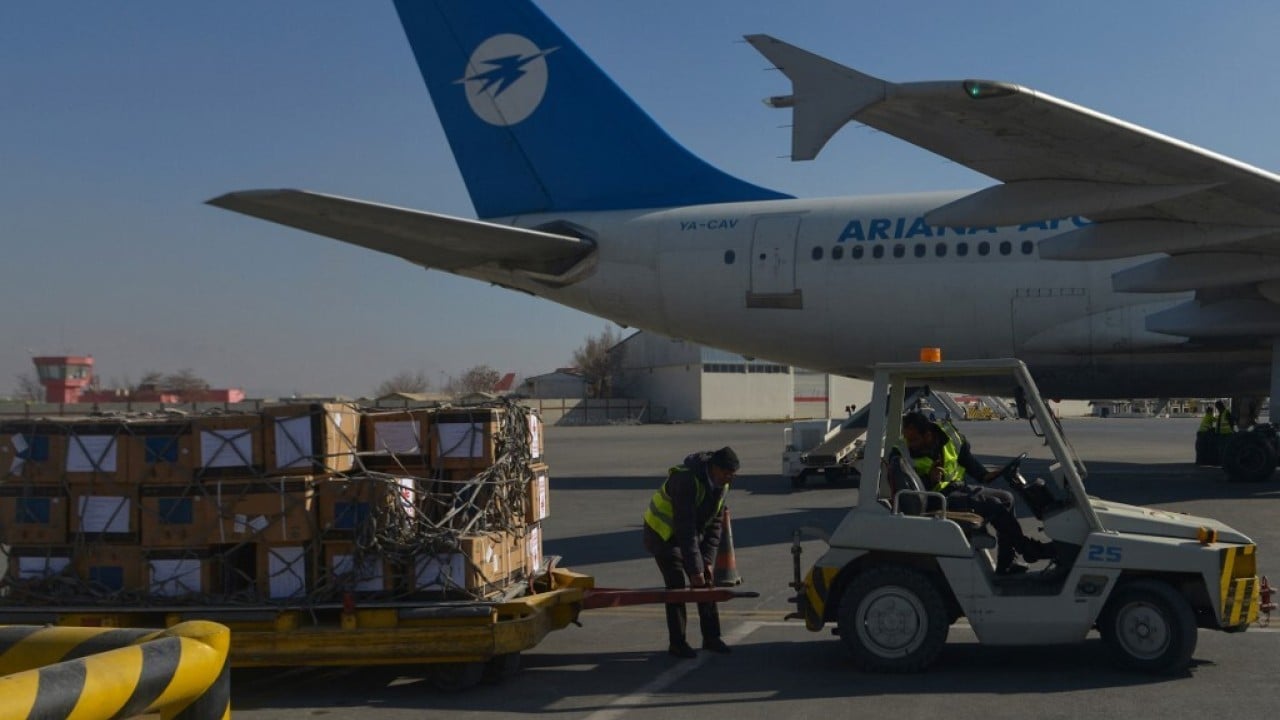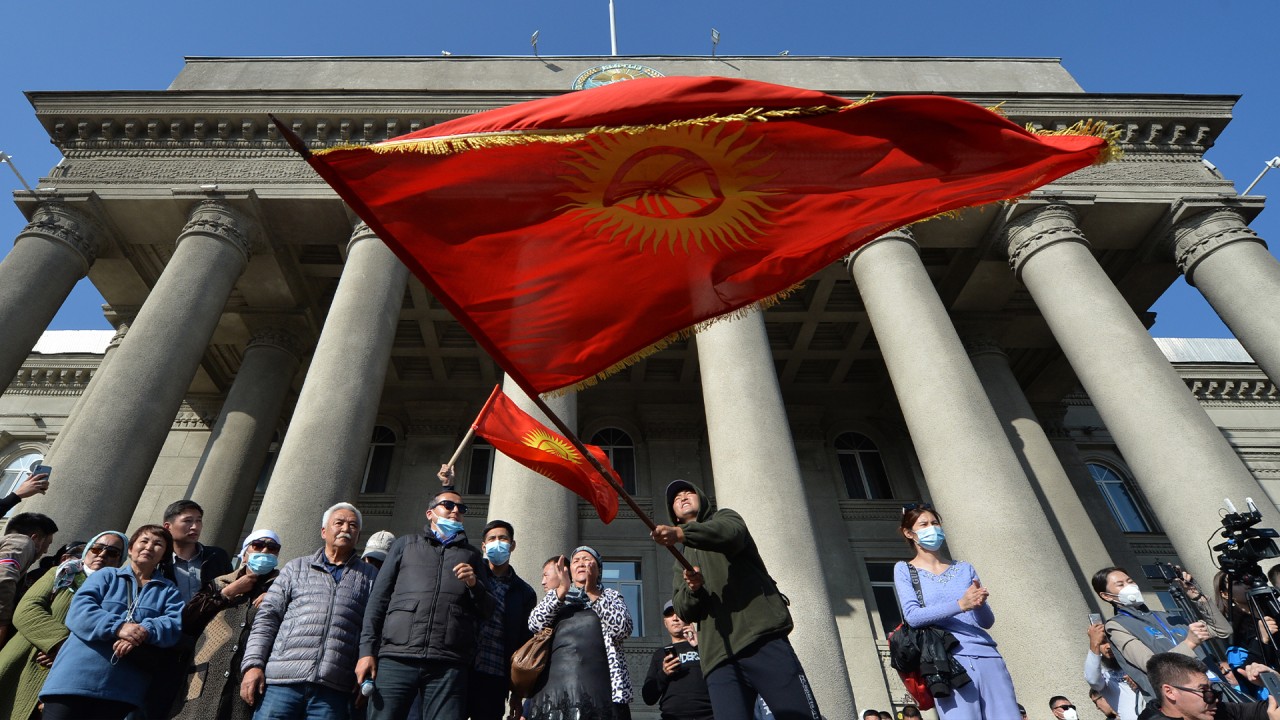
How Pakistan’s new prime minister completes a favourable picture for China in the region
- Shehbaz Sharif’s rise to power in Pakistan puts China in an advantageous position as its western neighbours all have governments friendly to Beijing
- This also means China has a stake in the many problems that emanate from this region, though, and will be forced to take a more active role
The reality is that the economic corridor’s investment has been fairly spread out around Pakistan, though completion rates seem better in Punjab and Sindh. However, it is worth noting that Punjab is Pakistan’s most populous region, so perhaps the focus of Chinese investment there is hardly surprising.
The tilt towards Punjab also reflected the fact that Beijing liked Shehbaz Sharif and found him a competent leader to engage with. Pakistan has a challenging political and economic environment, and in Punjab China found someone who could deliver.

But Sharif is an excellent alternative from Beijing’s perspective. This completes a picture for Beijing where it is dealing with authorities across its western borders with whom it seems satisfied. In Kabul, Beijing has shown itself to be a powerful player in tightly embracing the Islamic Emirate of Afghanistan government.
In Central Asia, China has a series of leaders who are either willing to quietly engage to advance whatever goals it wants or are actively eager to cultivate a positive economic relationship. In Kazakhstan, it has a leader who studied and worked in China and speaks Mandarin. This is a highly advantageous environment for Beijing.
Beijing thus faces a major dilemma on a shortening horizon. It can no longer claim to have only passive influence across its Eurasian borders or face hostile authorities in power. It now has governments in power across the board that seem eager to actively please China. This also means China increasingly has a stake in the many problems that emanate from this region.
As the power closest to the governments in both Kabul and Islamabad, China now has little excuse for not trying to mediate the tense relations that continue to exist between the two capitals. As one of the largest investors in and increasingly the largest trading partner of both Tajikistan and Kyrgyzstan, it will start to look odd if Beijing does not try to help the two smooth over their occasionally violent border relations.
What Pakistan’s political turmoil means for neighbours like China, India
Should further trouble erupt and Moscow is too preoccupied elsewhere to do something about it, Beijing will have to think about how it will manage the situation. Its currently passive approach might not always work out.
China is increasingly the most consequential actor in Eurasia, and it now has governments in power across the region who actively recognise that fact and are eager to please Beijing. This both puts Beijing in a position of power but also one of great responsibility. It remains to be seen how China will rise to this challenge.
Raffaello Pantucci is a senior associate fellow at the Royal United Services Institute (RUSI) in London and a senior fellow at the S. Rajaratnam School of International Studies (RSIS) in Singapore



